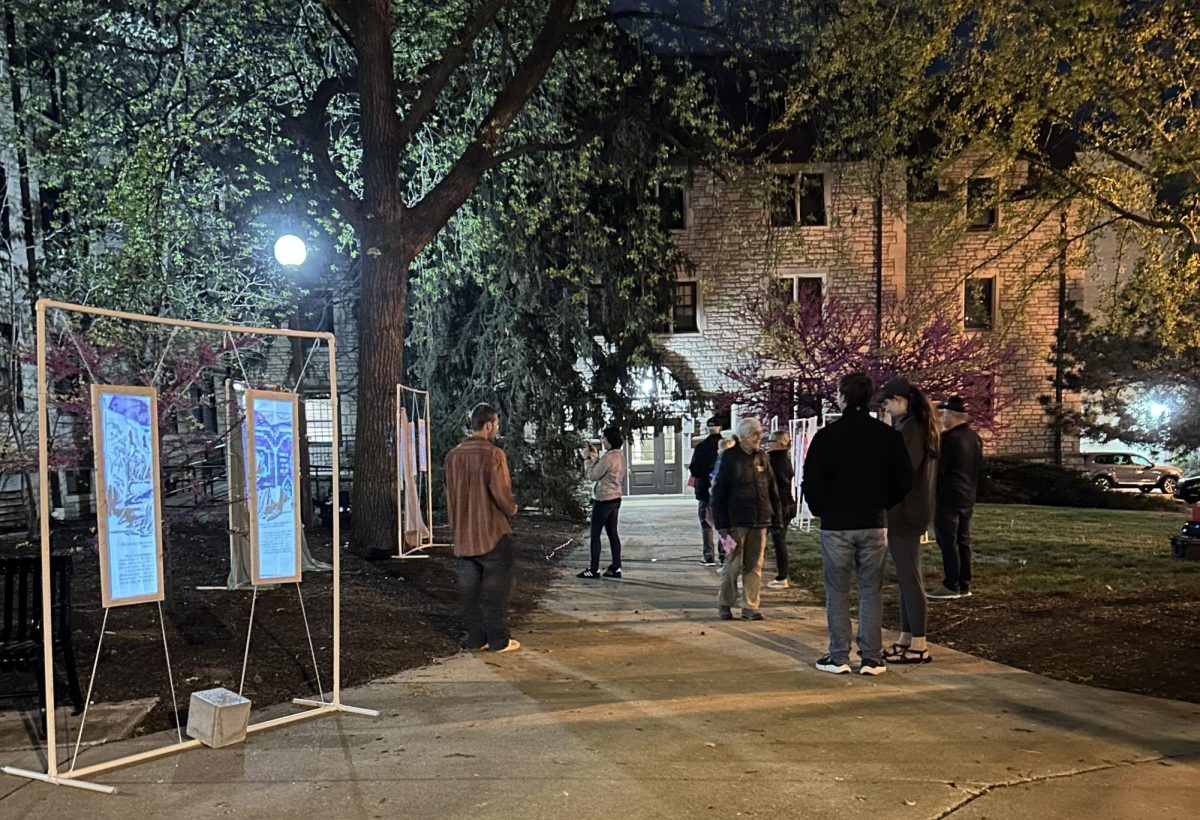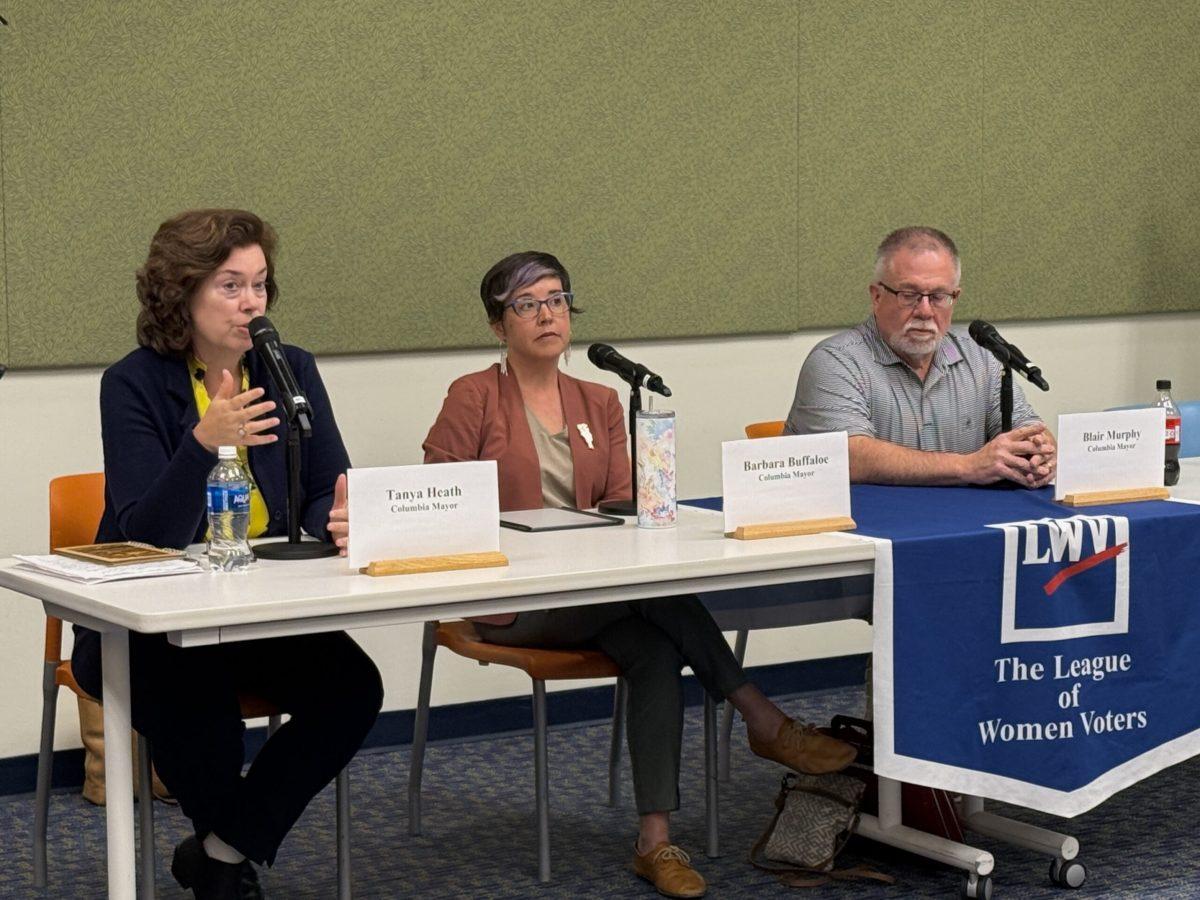The Muslim Student Organization hosted Haroon Moghul on Thursday night as the keynote speaker of Islam Awareness Week. Moghul spoke to MU students and Columbia residents about the prejudiced fears concerning Islamic law in a presentation titled, “Are you Afraid of Shariah?”
Moghul is the Executive Director at the Maydan Institute, a communication and consulting company dedicated to improving relationships between Muslims and the western world. Moghul was also named one of 300 Global Muslim Leaders of Tomorrow and is currently a Ph.D. candidate at Columbia University in New York.
Shariah, according to Moghul, is one of the two forms of guidance Muslims use in their understanding of how to live their daily life according to the Quran, which is the scriptural text for Islam. The Muslim prophet Muhammad is the other.
“The Shariah is how God, or Allah in Islam, tells you how to survive in a manner fitting to the Muslim faith,” Moghul said. “It literally translates to say ‘the path to water,’ which symbolizes how to survive. Just like one cannot continue life with the absence of water, a Muslim cannot live without the Shariah.”
The Shariah has five objectives: to protect one’s life, property, intellectuality, family and religion. It is composed of two spheres, acts of worship and worldly affairs. Acts of worship entail anything that has no definitive answer, like why Muslims are required to pray five times a day, whereas worldly affairs are composed of all secular matters, which are addressed and answered in the Quran.
Because of these views, there are many misconceptions about the Shariah, Moghul said. Many westerners, according to Moghul, are fearful of Shariah because of the stigma that attaches itself to Islam and it is hard in general for many Muslims in the west.
“Shariah is a difficult thing to explain to those who aren’t familiar with it,” freshman Andrew Darst said. “I wasn’t familiar with the term at all before (Moghul) addressed it and I think he did a great job. When he equated it with the Ten Commandments in the Christian faith, it made a lot more sense to me. I really learned a lot from the lecture.”
Sophomore MSO member Fatima Haider said the event was a success.
“The fact that so many people showed up and we didn’t have seats for them all was a major ego booster,” Haider said. “Of course, we were all excited for this appearance, but we didn’t know how many to expect. Obviously, we underestimated greatly.”
Moghul ended his speech with an open forum where participants were encouraged to ask any questions, of which many took advantage. Moghul said he believes it is important for people, especially Americans, to be aware of Islamic culture because of the negative connotation that is attached to the religion itself. The members of MSO agree, Haider said.
“(MSO) thinks it is important because people around the world have a bad view of Muslims because of the media,” Haider said. “It is important for people to understand that our true beliefs and goals are to promote peace, not anger and rage.”






